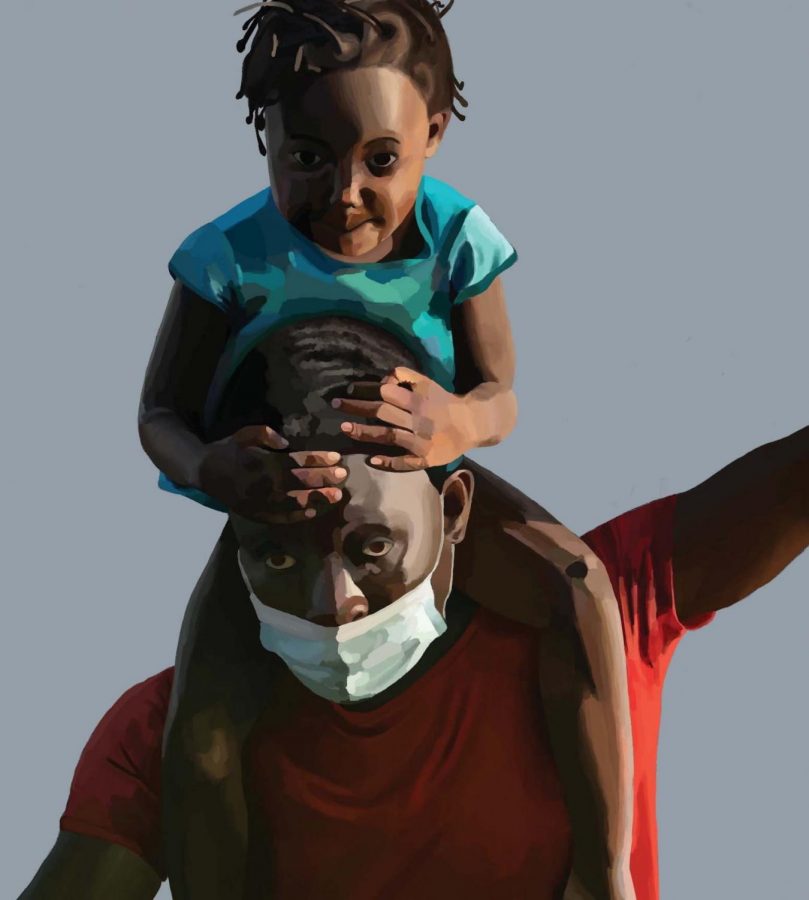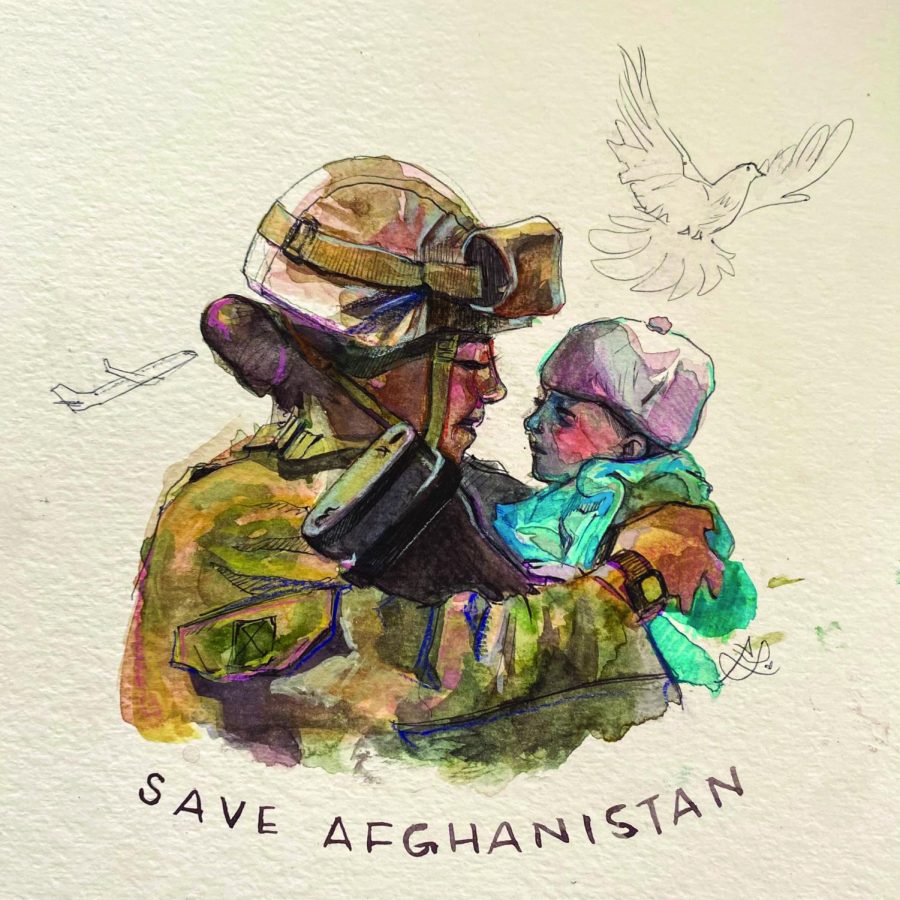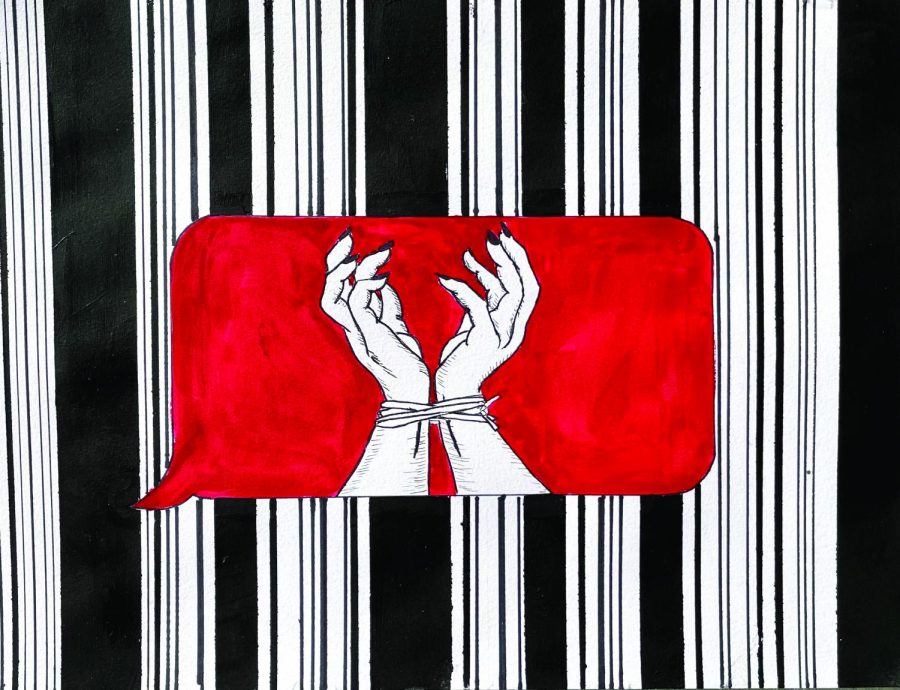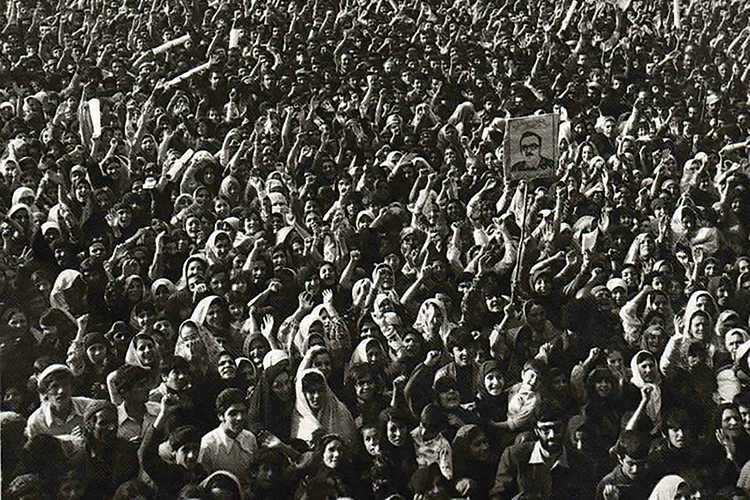The Olympic Games roll around every two years, and their level of international attention and participation is consistently unmatched by any other event. In the midst of this year’s foreign diplomacy issues with North Korea, however, this year’s Winter Olympics in Pyeongchang, South Korea could be an important marker in history.
Looking back on the last time that South Korea hosted the Olympics, the Summer Games of 1988 in Seoul, one would be afraid to have tensions between South and North Korea escalate to the same level. 29 years ago, just one year after boycotting the Seoul Games, North Korea wanted to steal the spotlight from South Korea so badly that they attempted to throw their own version of the games, a World Youth Festival. Spending billions on the festival, North Korea hosted delegates from more than 107 countries, imported more than 1,000 Mercedes-Benz to accommodate foreigners, built a never-occupied 105 floor hotel, subway stations, an Arc de Triomphe replica and a stadium for 105,000 spectators.
While the Seoul Summer Games marked a new era of success for South Korea, North Korea suffered from the excessive spending and ultimately entered into a period of financial crisis just months before the Berlin Wall fell and marked the end of the Cold War. In the early 1990’s, a combination of flooding, drought and a withdrawal of food subsidies left North Korea with a brutal famine that killed 2 to 3 million people. With the state of bankruptcy caused by the earlier festival, North Korea found itself unable to pull out of the food shortage and buy higher priced goods from private markets.
Despite paying for their own downfall in year’s past, North Korea is now getting the media attention it once wanted completely free of charge. Steve Kramer, Chair of the Upper School History Department, has noticed that in the last year itself, the international spotlight has been on North Korea long before the Olympics started.
“The relationship between Donald Trump and Kim Jong Un has devolved into an argument over who has the bigger weapon, so to speak,” Kramer said.
In a surprising gesture of unity, however, Un reached out to South Korea in a New Year’s Day speech and brought up the idea of starting talks for the first time in two years about North Korea’s participation in this year’s Olympics. South Korea eagerly entertained his offer and started conversations in border village Panmunjom. The two countries agreed to march in the Opening Ceremony with their united flag, which displays the entire Korean peninsula in blue against a white backdrop. They also formed a joint women’s hockey team, marking the first time both countries have contributed athletes to the same team.
Although rare, this interest in civility for the Olympics is not unprecedented; the two countries displayed their unified flag at the 1991 World Tennis Table Championship and most recently, at the 2006 Winter Olympic Games. However, the interest in joint participation in this recent tense political climate has raised the question for many about North Korea’s sudden shift in attitude. Many assume the niceties will only last for the roughly two week period that is the Olympics, and others wonder if Un is trying to change public perception about North Korea.
Joseph Siracusa, professor of human security and international diplomacy at Royal Melbourne Institute of Technology University in Melbourne, Australia agrees with the former opinion and believes that North Korea’s olive branch is simply a facade.
“If they come across as normal human beings, if they look normal and South Koreans treat them as normal, it’s a great diplomatic victory. It won’t solve a single problem though, as long as they continue with their nuclear weapons and ICBMs,” Siracusa told CNN.
For Kramer, whether or not North Korea’s actions are fake is irrelevant to their significance. He argues that North Korea maintains an arsenal of ballistics in self defense to prevent another instance of their demise during the Korean War. Their civility during the Olympics may be treated as separate to political drama.
“In my opinion, anything that lessons the tensions is beneficial. North Korea sees a chance to integrate themselves into the world.,” Kramer said.
While Kramer believes that North Korean niceties will help, to a certain extent, further their relationship with South Korea, he also under- stands that Un could have an underlying motive.
“North Korea may also be trying to drive a wedge between South Korea and the United States,” Kramer said. “I think Un sees a chance for some negotiations. I don’t think he will ever get rid of the weapons, because they are lever- age to maintain his regime He could be trying to keep a communist ideology while moving towards a more open economy with South Korea.”
Many are deeming North Korea’s actions in the Olympic Games as a “charm offensive”, or an inundation of civil formalities to detract from their ongoing nuclear presence. In furthering this pattern, Un’s sister, Kim Yo Jong came to the opening ceremony and marked the first time any member of Un’s immediate family has set foot in South Korea since the Korean War. She shook hands with South Korean President Moon Jae in the beginning of the ceremony. North Korea also sent a cheer squad decked out in matching parkas with impeccably choreographed routines and synced chants.
With North Korea acting relatively subdued for the duration of the Olympics, it seems that the most aggressive country in the games right now would be the United States. Just before leaving for South Korea, U.S. Vice President Mike Pence warned that the United States understands the charm offensive as completely fake.
“We will not allow North Korean propaganda to hijack the message and imagery of the Olympic Games,” Pence said after meeting with Prime Minister Shinzo Abe in Tokyo. “We’ll be there to cheer our athletes, but we’ll also be there to stand with our allies and remind the world that North Korea is the most tyrannical and oppressive regime on the planet.”
To further this message, Pence brought along the father of Otto Warmbier, the American student who was jailed in North Korea and died upon his return to the United States, as his guest to the games. He also did not exchange any pleasantries as Kim Yo Jong sat rows away from him.
In the midst of political tension, it could seem that the actual athletic aspect of the Olympic Games is simply a backdrop to North Korean drama; mainstream media coverage of the games is regularly interrupted with footage of North Korean buses pulling up and their cheerleaders performing.
ABC News photojournalist Juan Renteria, however, assures people that his team’s coverage will be a balance between the games and the surrounding current events.
“We may veer off to do a news story at the DMZ because of the current political climate, but we are responsible for bringing Olympic coverage to our viewers,” Renteria said.
Renteria is actually somewhat grateful for the political stories awaiting him in South Korea because as a ABC employee, his network will have to await host station NBC’s approval before reporting on the actual results of the Olympics.
“With the lack of rights to report on certain aspects of the games, we have to kind of be on peripheral. It does keep us from doing certain stories at the same time, but we can do all kinds of stuff with the location of the games,” Renteria said.
As a photojournalist, Renteria will focus on human interest stories in South Korea. Tales of athletes overcoming challenges and adversity to compete in the games will be taken just as importantly as the current political tension. While the ABC News technical team came to Pyeongchang weeks before the games started to set up sound stages, Renteria himself has done little preparation before going to South Korea aside from getting his official press credentials from the Olympic Committee and researching South Korea as a country. He recognizes that this particular Olympics offers many unique angles on reporting, but will pursue stories as he sees fit.
“Ultimately, the primary focus is covering the Olympic Games. We want to personalize some of the stories of the athletes and teams,” Renteria said.
Story by Shreya Gunukula, Views Editor













